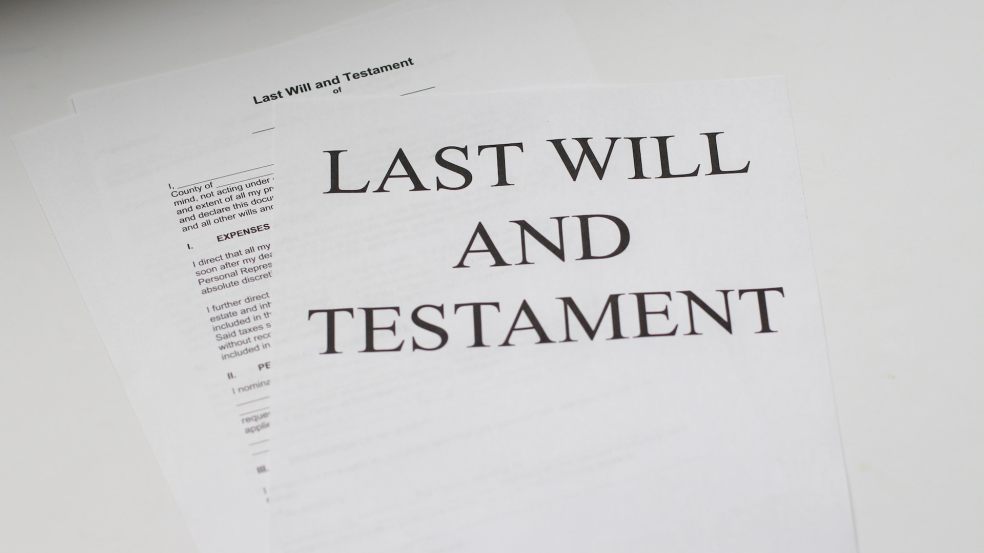
Why you should Write your Will Now
Writing a will can help ensure that after you die, your estate is distributed in the way that you would have wanted. In the absence of the will, the state decides how to divvy it up according to the rules of intestacy.
What is a will?
A will is a legal document that outlines who should inherit what amount of your money, property and possessions.
It also sets out any other specific wishes you may have. This may include who should raise your child/ren if you die before their 18th birthday and how your estate should be divided up if one of your beneficiaries passes away before you.
Why it’s important to write one
- To provide for any children: if you have kids, a will makes it clear how they fit into the picture after you die. The rules of intestacy ensure they inherit if you don’t have a living spouse or civil partner, but if you do, the whole estate will go to them and not your children. A will can ensure your estate is spread out more evenly.
If you have children under 18, it’s important to determine who should look after them if you die. If the other parent survives you and has parental responsibility (ie: they gave birth to the child, are named on the birth certificate as a parent or have been legally assigned PR), this automatically goes to them.
However, you should name a chosen guardian for your child/ren in case the scenario upon death is less clear-cut. When naming a legal Guardian, consider also leaving a Letter of Wishes with some money set aside to help them pay for future expenses in your child/ren’s life.
- To prevent family disputes: if your wishes are unknown or unclear, tensions can arise for the family members left behind. Contested wills can be very damaging to family dynamics, not to mention a significant expense.
If you’re in a long-term relationship that doesn’t take the form of a marriage or civil partnership, they won’t automatically be entitled to anything unless your will says otherwise.
- So you don’t pay more inheritance tax than necessary: if your estate is worth more than £325,000, the amount that exceeds this threshold will be taxed at 40%. Writing a will can bring the implications of this to your attention so that you can start estate planning early.
How to write your will
Putting a will together can feel like a big task if you don’t know where to start. There are 6 crucial steps:
1. Get your estate valued. Add up the value of any property you own, your savings, any premium bonds and investments, vehicles, furniture, personal belongings and pension funds that include a lump payment when you die. Subtract the value of your mortgage, credit card balance, overdraft, loans or equity release. Get this done regularly, as it is liable to change.
2. Decide how to divide your estate. Name your beneficiaries, any specific gifts you have in mind and how much to allocate to funeral expenses and admin. State what should happen if any of your beneficiaries dies before you.
3. Decide if you want to leave a gift for a charity. If so, be clear about its full name, address and charity number.
4. Choose who your executors should be. There are the people who are responsible for distributing your estate. Get their permission first, ideally, as it can be a large responsibility.
5. Find someone to help you write the will. A lawyer who specialises in wills and probate is often the most reliable option.
6. Sign the will in the presence of independent witnesses and store it safely with your solicitor or bank.
Once you’ve written your will or updated an old one, it will be a weight of your mind! It also minimises stress for the family you leave behind.













